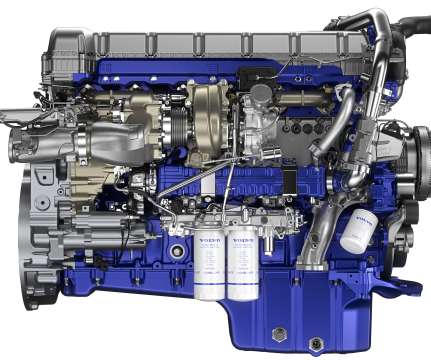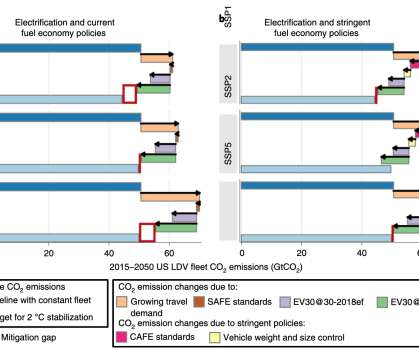EPA fuel economy report finds weight and power leveling off, footprint stable
Green Car Congress
JANUARY 16, 2018
EPA recently released the latest edition of its annual report Light-Duty Automotive Technology, Carbon Dioxide Emissions and Fuel Economy Trends. The report found that fuel economy for the US fleet continues to improve. The report found that fuel economy for the US fleet continues to improve.





































Let's personalize your content